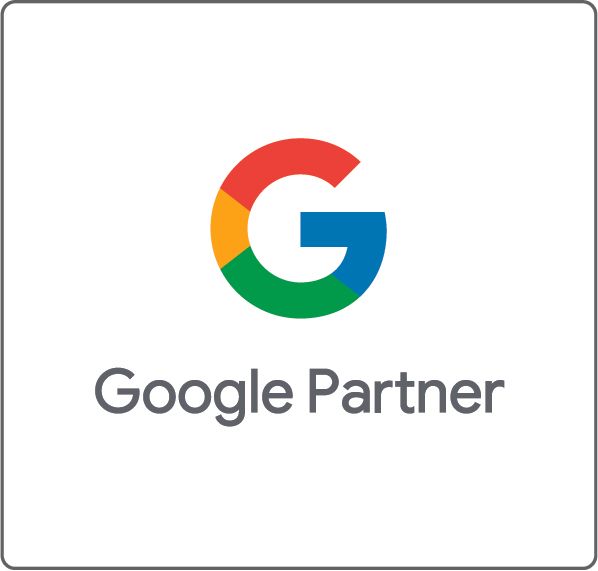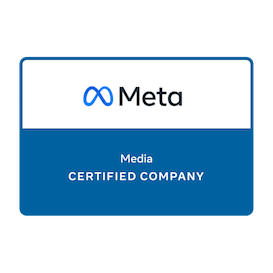What You Need to Know About Section 230
Two cases are making their way to the Supreme Court that have the potential to change the internet as we know it.
Gonzalez vs Google and Twitter vs Taamneh are two cases that center around concerns that tech giants’ algorithms pose a danger to society. The cases specifically question whether or not Google and Twitter’s algorithms promoted content that led to ISIS recruitment and increased ISIS’ power as an organization.
Both companies are currently relying on
Section 230 of the Communications Decency Act, which states that online platforms cannot be held liable for the content users share on their site. The law enacted in 1996 was created by Congress with the intent of
protecting children from exposure to harmful content. But the internet today is a distant stranger from the internet of 1996, and many believe that legal changes are long overdue.
Regardless of what side of the argument you land on, it is undeniable that the Supreme Court’s decisions on these cases could have major implications for Silicon Valley and all of the companies who rely on them to promote their content. As marketers, we have a responsibility to be conscious of how the messages we share can impact consumers. Not only that, but we must also consider the effects the channels in which we share our content affect the wellbeing of our customers, employees, collaborators, and the larger community.
The
fate of Section 230 could lead to immense changes in the way that the major companies who run the internet conduct business. This could mean algorithms and advertising conventions as we know them change entirely. Be sure that your business acts accordingly and is making decisions that reflect the future you’d like to see for your company.
UPDATE (5/30/23):
The Supreme Court has
ruled in favor of Google and Twitter in the two cases concerning Section 230. The decision on Twitter v. Taamneh was unanimous, showing that the court is currently standing with Silicon Valley. In the case of Gonzalez vs. Google, the court ruled that Google was
too “removed” from the incident to be held liable.This means that Google and Twitter will continue to not be held liable for any harmful or dangerous content published on their sites by any of their users. If any changes are to be made to the protections that Section 230 grants social media platforms, it will now be up to
Congress to revise the law. This story continues to develop, and it appears that the conversation surrounding Section 230 is far from over.




Address
4 Corporate Drive,
Clifton Park, NY 12065
Shopper and Marketing Insights to Your Inbox!
Sign up with your email address to receive updates and insights from the SparkShoppe team!
Newsletter footer
We will get back to you as soon as possible.
Please try again later.
We support your right to privacy and therefore will not disclose your personal data to other organizations, third party vendors, suppliers or marketers.
© 2024 All Rights Reserved | Privacy Policy | Accessibility Statement













